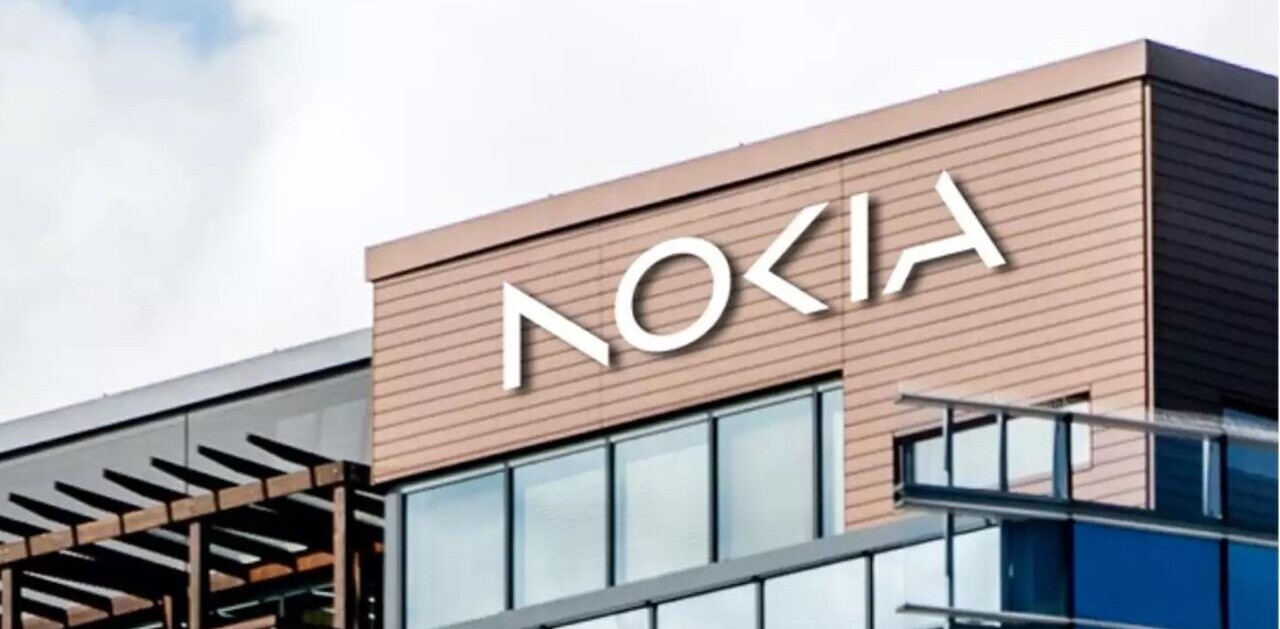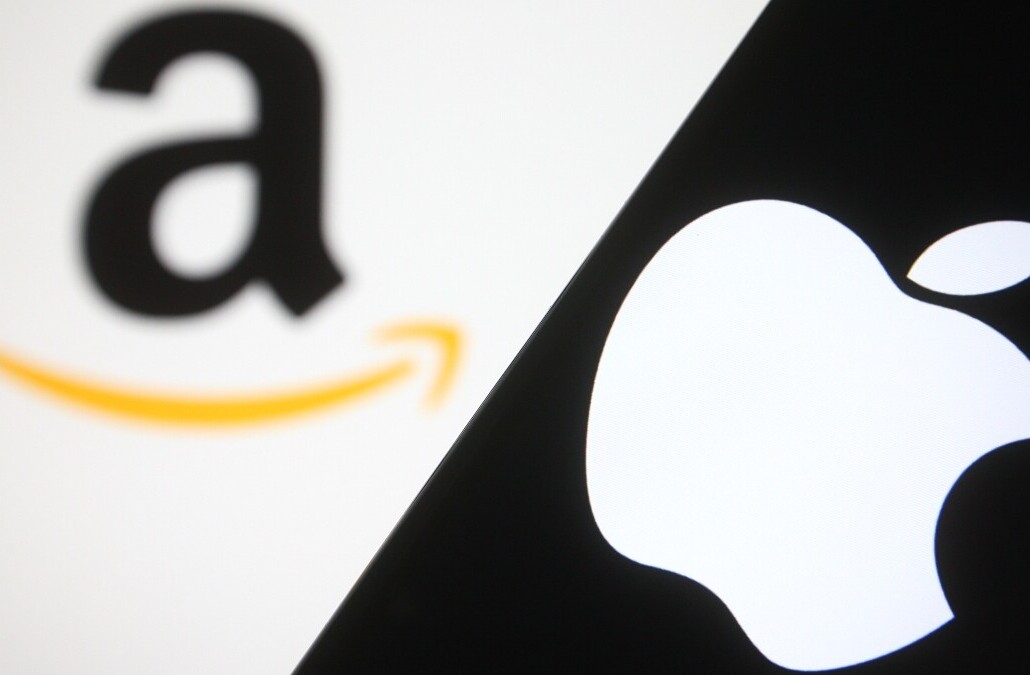
Werner Vogels shared his wisdom and experience today with 100 cross media talents at Picnic yesterday. He’s the CTO of Amazon, a company with a 20 billion dollars revenue and 17,000 employees. Despite its giant size, the Seattle-based company experiments with products. Like the Kindle, the nifty little device that supplies books on the go. The process behind this innovative approach is called corporate creativity, Vogels said. He was kind of enough to share it with the young and eager audience.
Take a moment and look back
 Every successful person has someone even he looks up to or learns from, same goes for Vogels. He starts the presentation with a quote from American computer scientist, researcher, and visionary Alan Kay: “perspective is worth 80 IQ points”. Look back every once in a while to not lose perspective. Within Amazon, employees have to periodically ask themselves: “Why are we in this business? Are we as agile as we would like to be?”
Every successful person has someone even he looks up to or learns from, same goes for Vogels. He starts the presentation with a quote from American computer scientist, researcher, and visionary Alan Kay: “perspective is worth 80 IQ points”. Look back every once in a while to not lose perspective. Within Amazon, employees have to periodically ask themselves: “Why are we in this business? Are we as agile as we would like to be?”
Grow really, really big trees
Perspective is important for innovations, so much is clear. At Amazon, you’re not supposed to have a short term version. Vogels: “An Amazon principle is to plant a seed and watch it grow. Innovations don’t have to pay off in six months, they might take five or seven years to fully bloom. We are interested in growing really big trees”. That sounds like a healthy ambition, but how does Vogels figure out whether something is going to be big?
Focus on needs that last
Amazon found one thing that works for them. There are two ways of finding inspiration for innovation. There’s the reactive mode. Notice what changes in the world or what your competitors do and try to adopt to that. But why wouldn’t you focus on the inverse? Vogels: “Focus on things that stay the same all the time”.
In Amazon’s retail space, it’s not hard to imagine what customers want: more choice, faster shipping, and lower prices. Innovate with keeping those basic needs in mind. Innovate to extend your catalog, innovate to deliver products faster, and innovate to drive prices down. “By doing that”, Vogels said, “you build flywheels. They keep spinning faster and faster”.
Cannibalize
With that vision in mind, most innovations don’t seem logical at first sight. Amazon now has earth’s largest catalog, which is an absolute unique selling point. Yet the company didn’t always have that, since only a limited amount of sellers had access to the site. Thus Amazon invited other parties to use the site as a selling platform. At first glance this seemed to be wrong, as Amazon would lose money by cannibalizing its own business. But in the end, as we all know now, it turned out to be a master move.
Another example, Vogels: “When Amazon introduced customer reviews, book publishers became extremely angry. What if somebody would put up a bad review? We pushed it through and now there’s not one ecommerce site without customer reviews”.
What are you known for?
Back to the reactive mode, you should really, really, not adopt it. “When Google became popular, we figured we might add some more white space to the Amazon site as well. Sales dropped immediately because the site didn’t look ‘messy’ anymore.”
So don’t focus on competition because you’ll lose focus on your own goals. Sure, you can benchmark yourself against them, they’re perfect for that. But it’s more important to be ahead of the game and ask yourself: what are you known for? Vogels: “Amazon wants to be the world’s most customer-centric focused company. It’s our tie breaker when we face tough decisions”. Daring decisions like choosing for free shipping seem logical when your focus is customer centric. So stay put with your focus and “do experiments all the time”.
Make it hard to say no
These basics of corporate creativity would be worthless if there wasn’t something like the “institutionalized yes”. “It’s very hard to say no to innovation at Amazon”, said Vogels. So if you’re trying to run an innovative company, make sure it’s really difficult for anyone to say no to new innovative approaches”.
Photo credit: Anne Helmond
Get the TNW newsletter
Get the most important tech news in your inbox each week.




